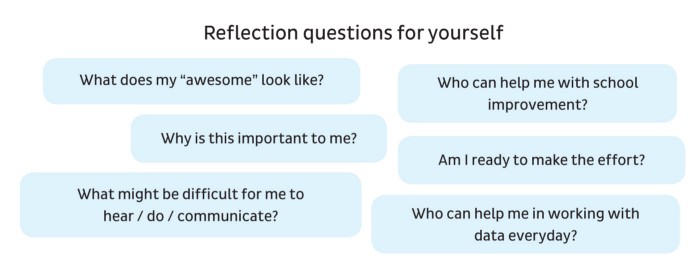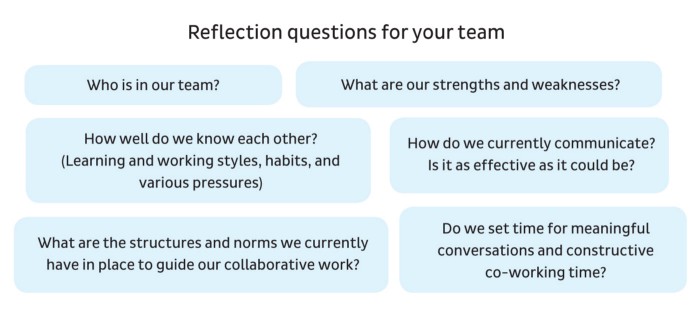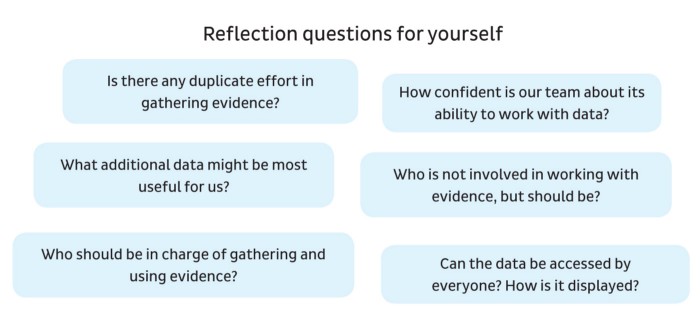In this “Into the Loop” series of blogs we will provide you with the tools you need to start using data for Edurio's evidence-driven school improvement guide — from the initial self-reflection to the collaboratively designed action plan.
Step 0: Getting ready.
“Improvement begins with I.” — Arnold H. Glasow
How do you start your journey with Edurio's evidence based school improvement? How much do you and your team integrate data into everyday work — and how confident do you feel doing it? When it comes to making evidence-driven decisions for more focused school improvement, it can seem daunting at first.

Preparing yourself and your team for the work to come is vital for ensuring that data becomes a part of your everyday work habits and not just a one-time project.
Where are we right now?
The idea that “improvement begins with I” is not anything new, but it doesn’t hurt to be reminded from time to time, that for change to happen it needs to start with ourselves. It takes a lot to ask your team to take a hard look in the mirror and self-reflect on how things are going, but by facilitating an open and safe space for this to happen, teams will start to feel a greater sense of ownership and understanding of how they play a role in improving the schools.
This can also help with building an environment that is more open to feedback — a Harvard study found that teachers are much more open to the idea of students giving them feedback if they are first asked whether they should give feedback to school leaders.
It’s also important to take a look at what is working and what is not. In the hustle and bustle of everyday school life, it can be difficult to evaluate which processes or systems are in place simply because “we haven’t had time to think about a better way”, or “that is how it has always been”. Getting stuck in habits that are not working to support student learning can be keeping you from helping them achieve more.
Evaluate yourself
Think about your personal readiness for change and how you approach situations where you have to take an objective look at your work for school improvement. During this process, you will need to be aware of your preferred working style and be open to the working styles of your colleagues, who may want things to be done differently.

Evaluate your team
School improvement is not a solitary process. As you embrace evidence-driven practices, team dedication to problem-solving and resilience in trial-and-error are crucial. Consider unique characteristics of each school system, teacher team, and student class in decision-making and strategy selection. Trust your knowledge of your team for effective choices.

Evaluate existing data
When auditing existing data, it is best to try to do this collectively to get the widest range in input. It may be that one team works well with one data source, while another doesn’t use it at all. Discussing discrepancies clarifies available information, aiding understanding of its usage, availability, and utilization.

Whether you are concerned about student achievement, school safety, professional development, teacher retention, or community involvement, the time for improvement is the present. Pause, reflect on your current position, dream about your school's future, and plan the steps needed for progress. Evaluate what is working and what is not working and prioritise which things you have the greatest impact to improve.
Edurio's evidence-driven school improvement empowers informed decision-making and fosters continuous educational enhancement. For more information on Edurio's guide to Evidence-Driven School Improvement and the Framework for Effective Education, check out: https://www.edurio.com/schoolimprovement
No comments.